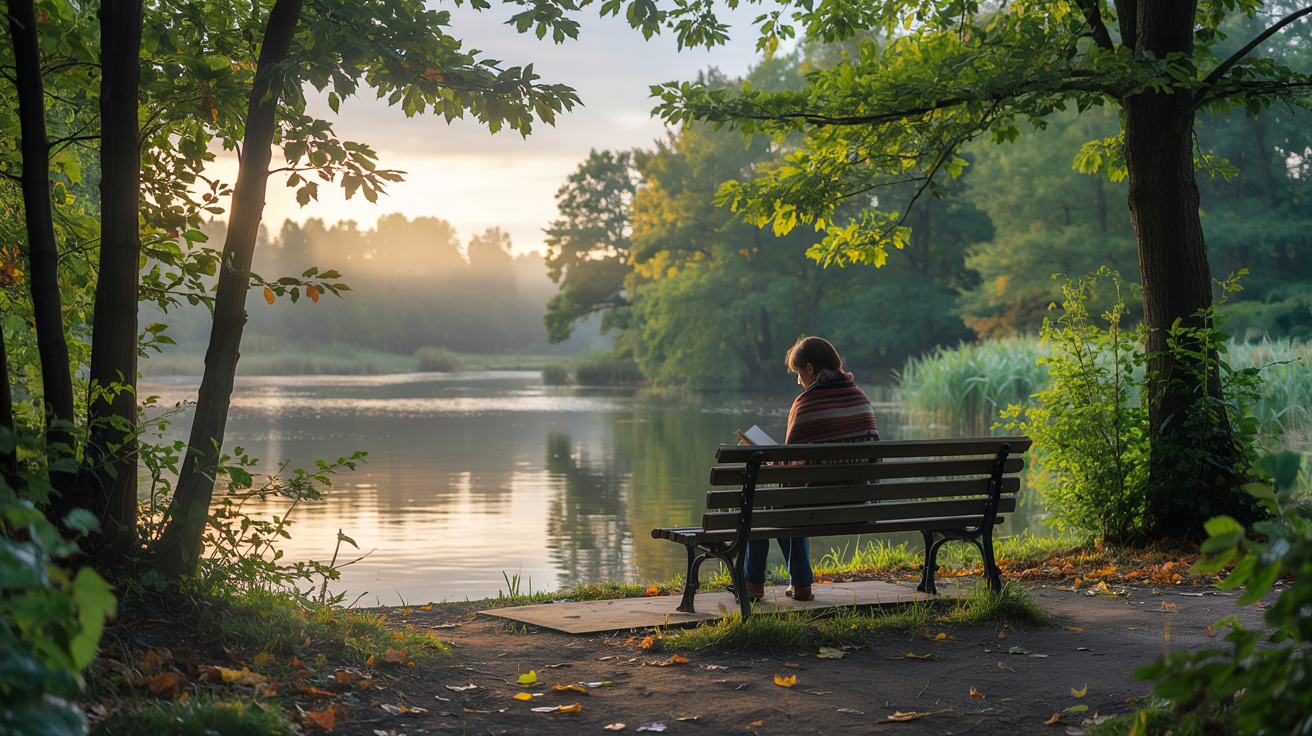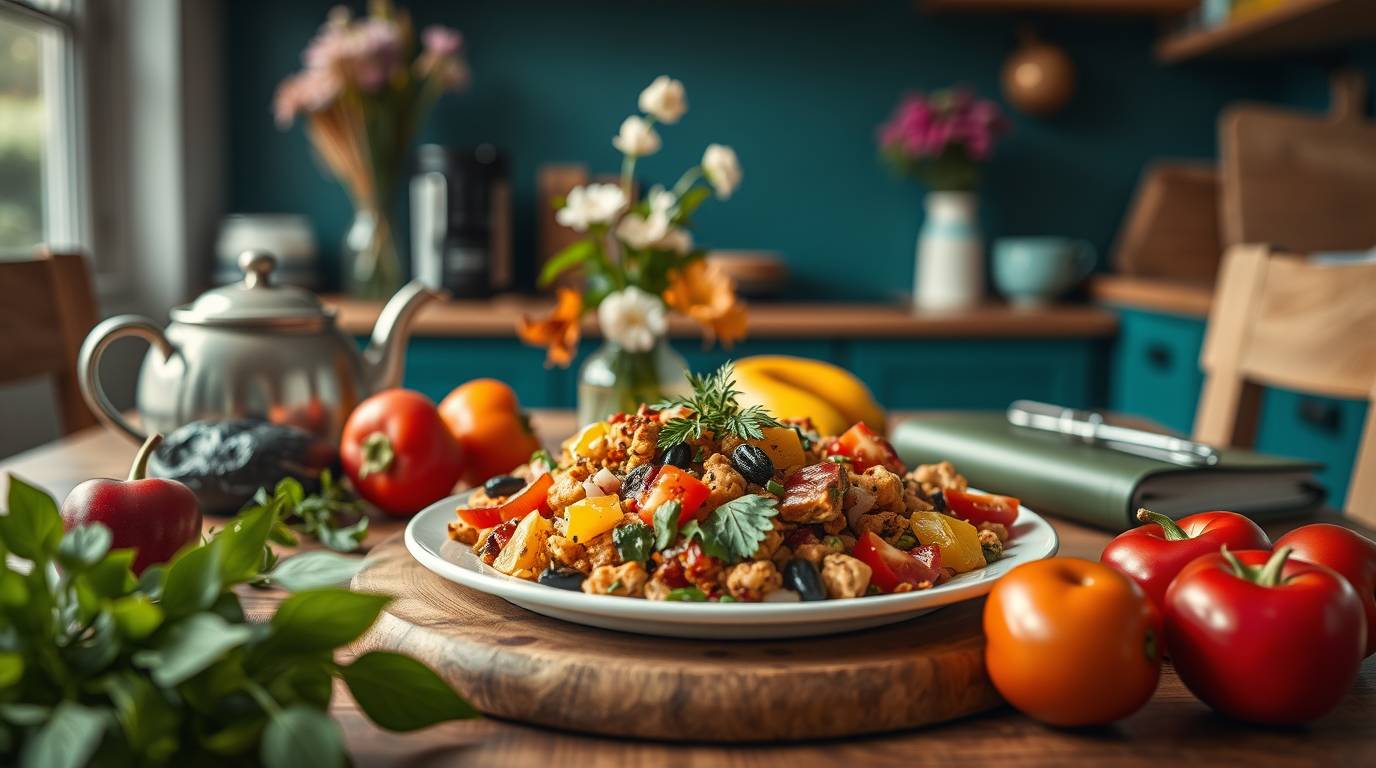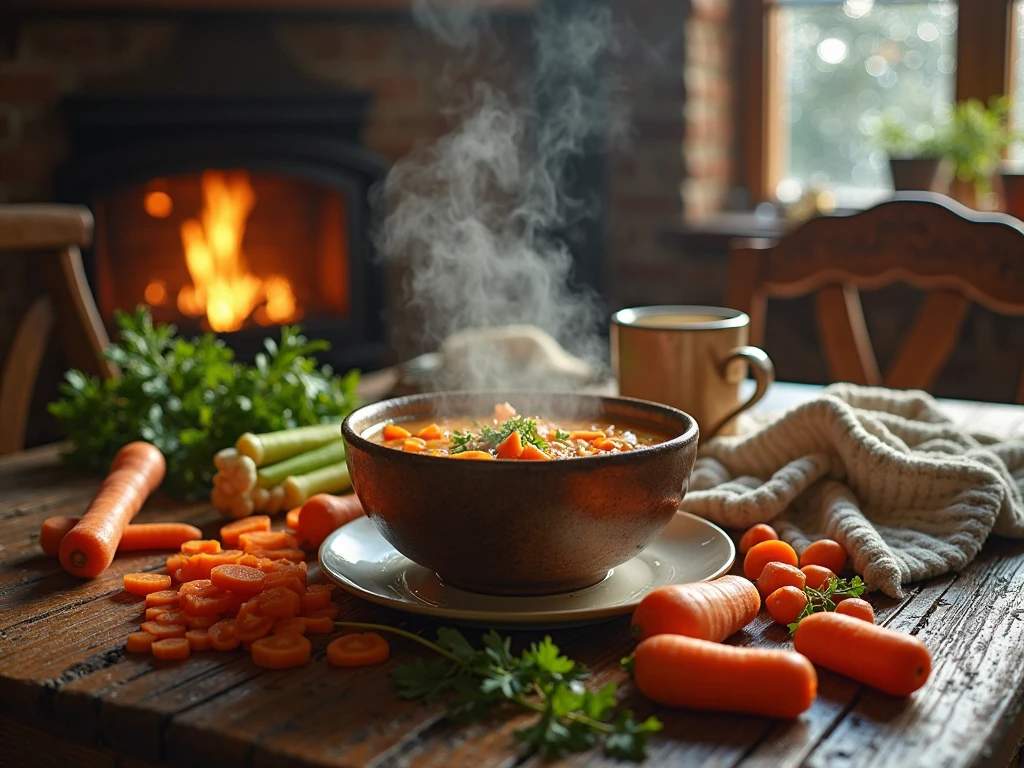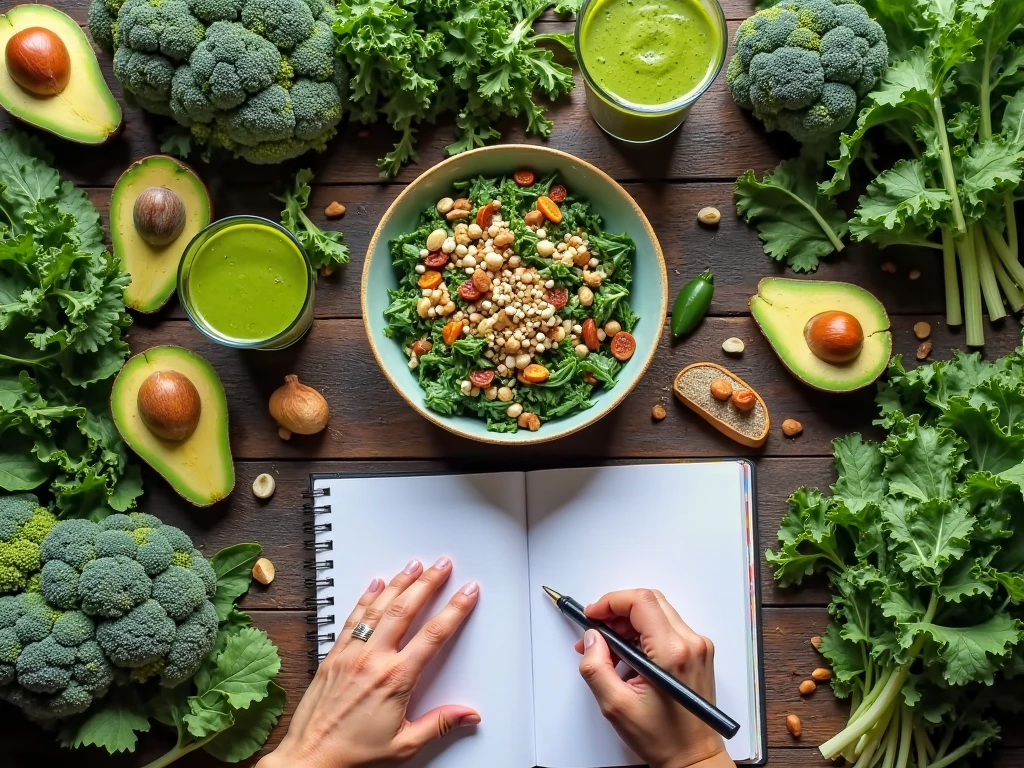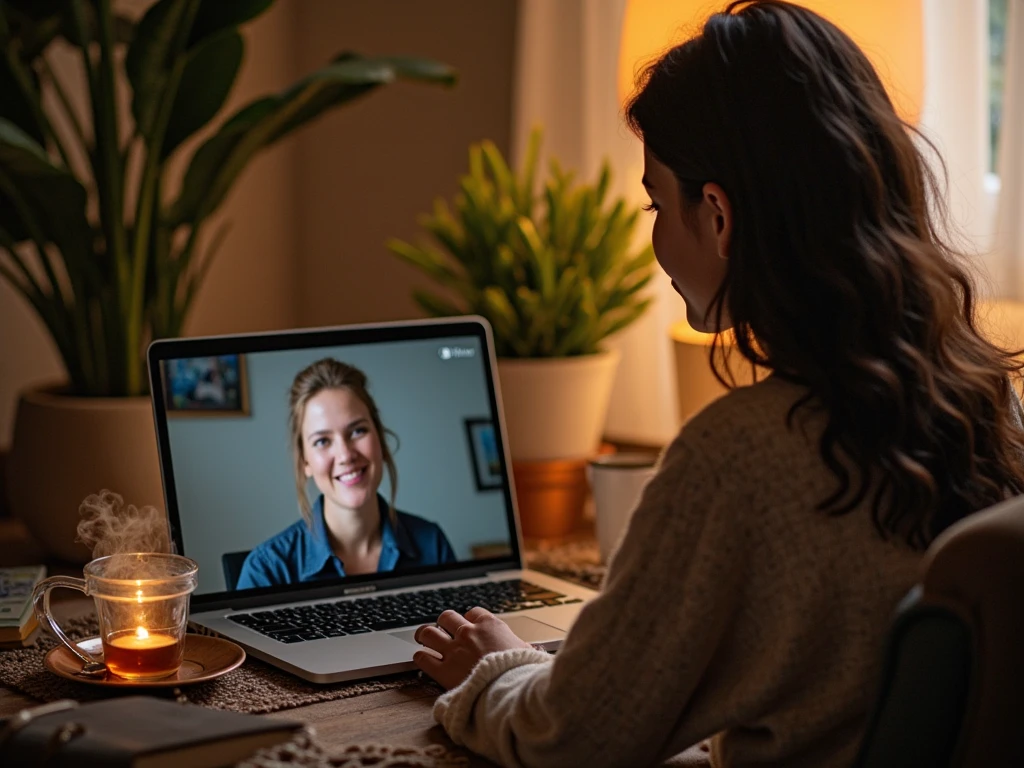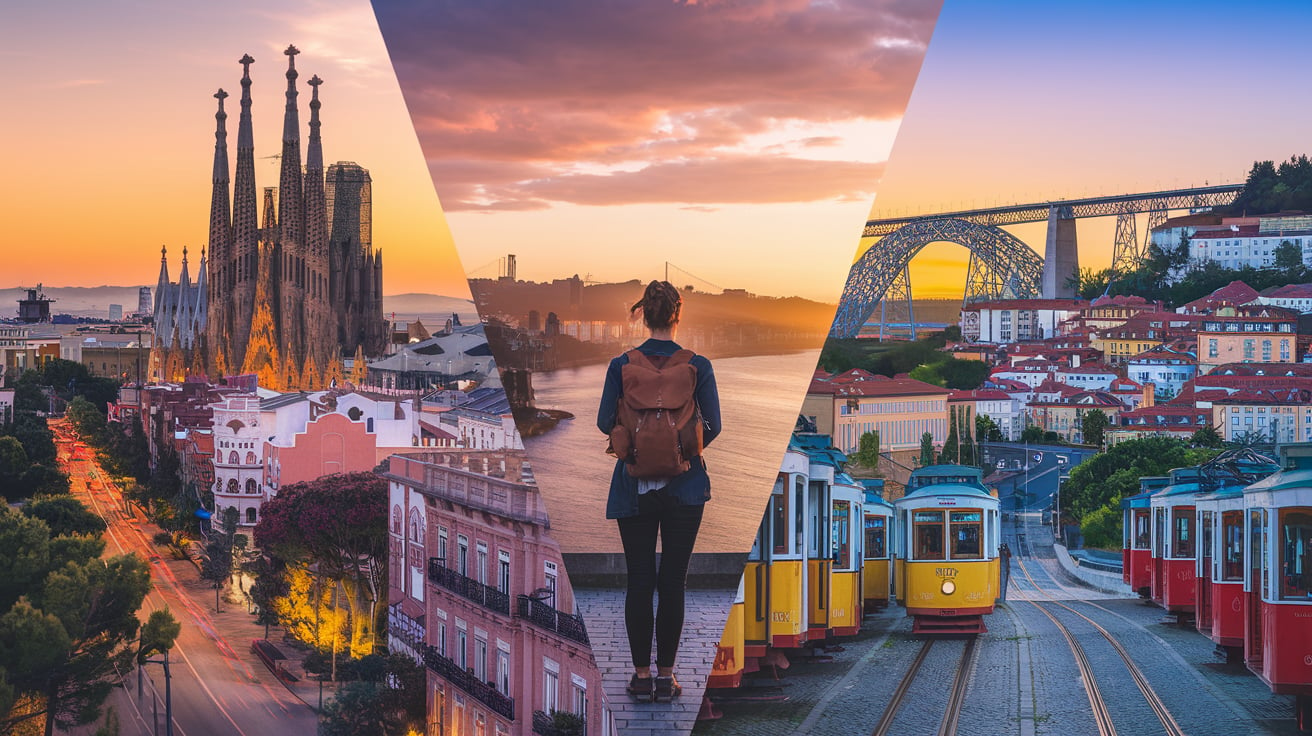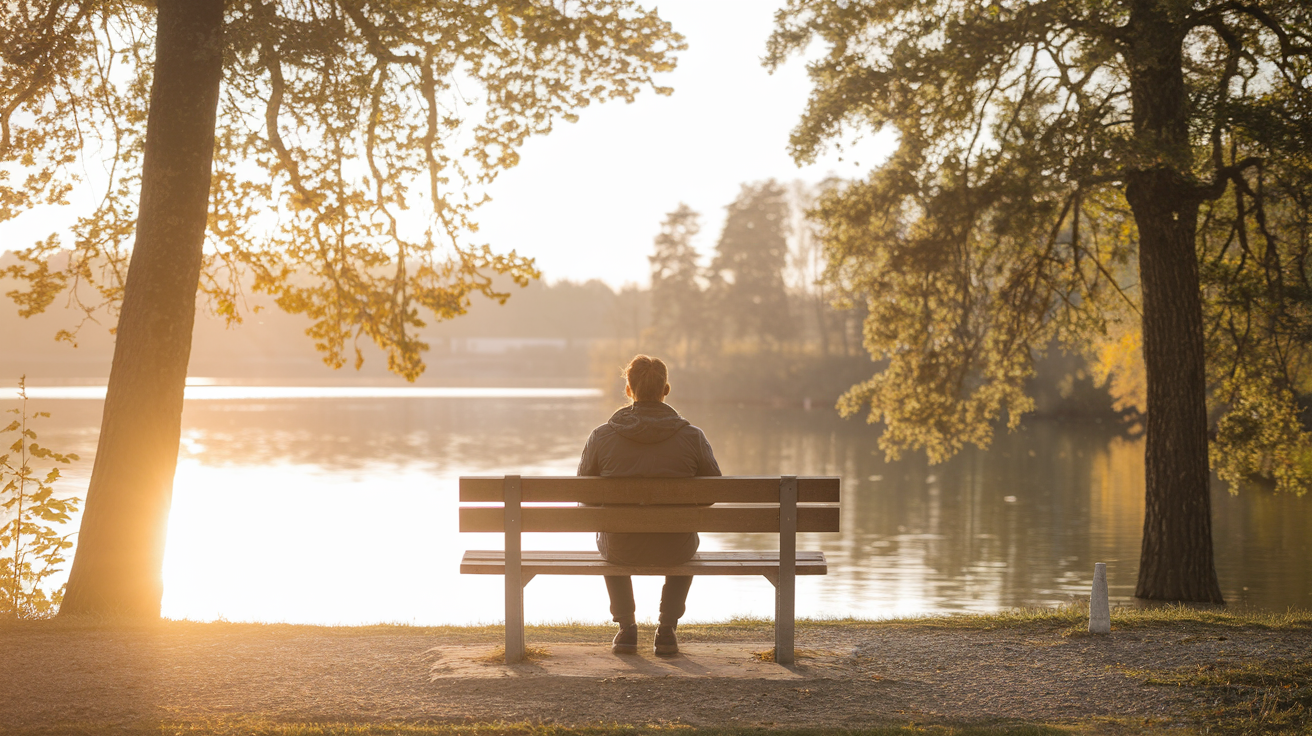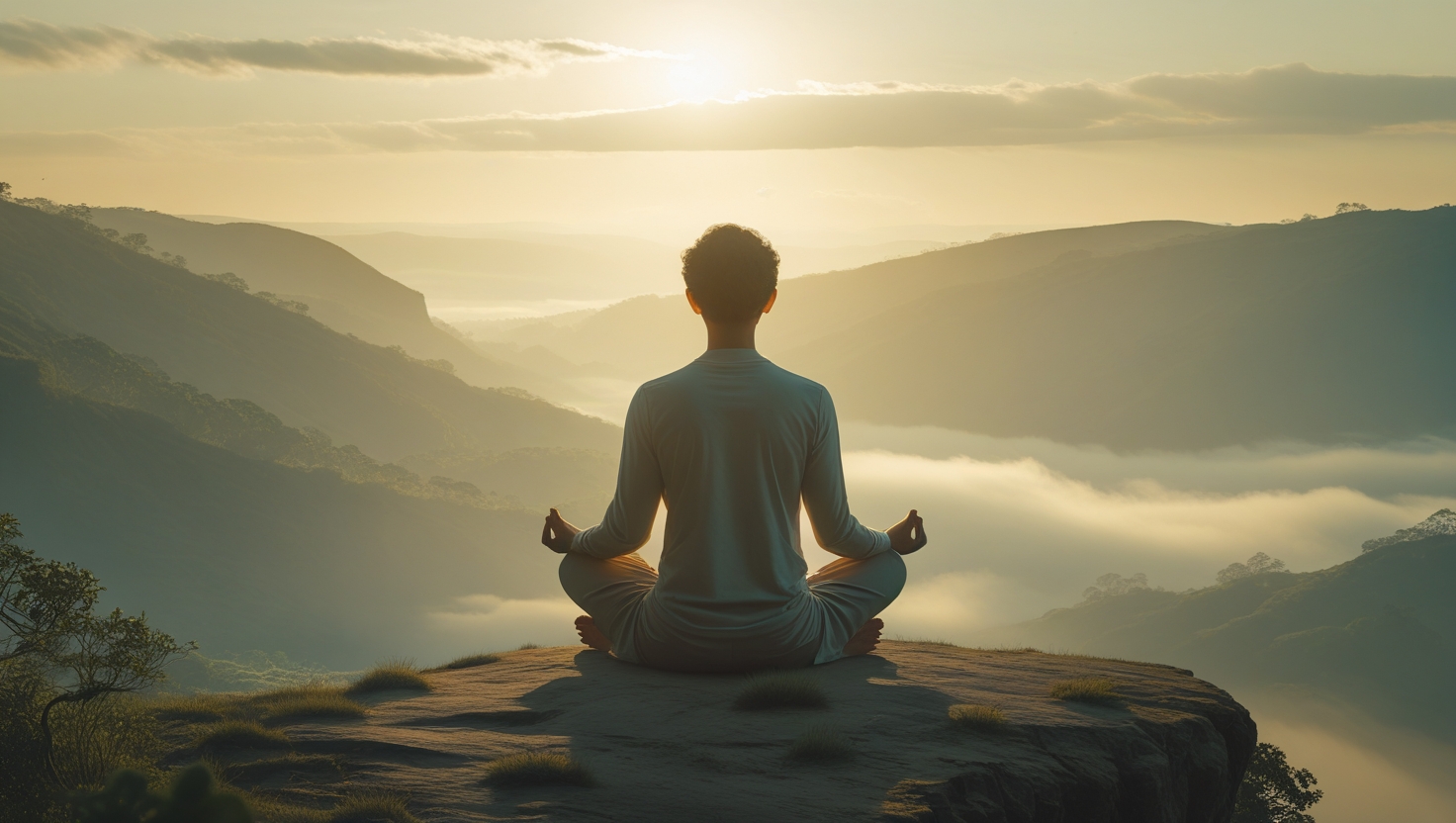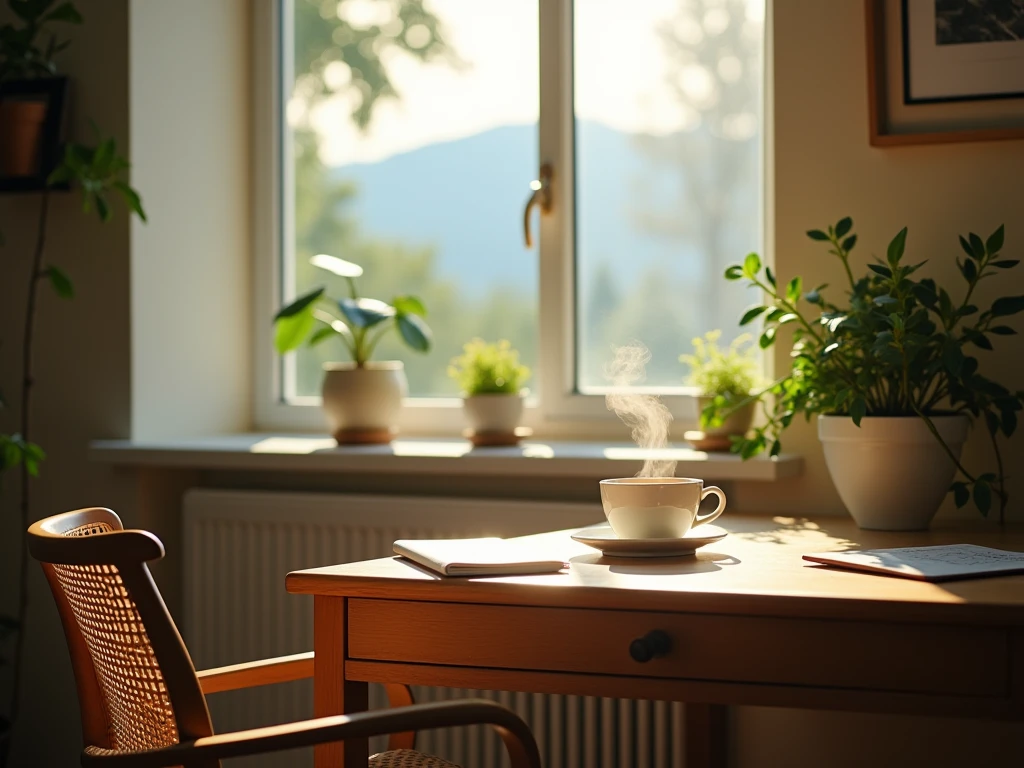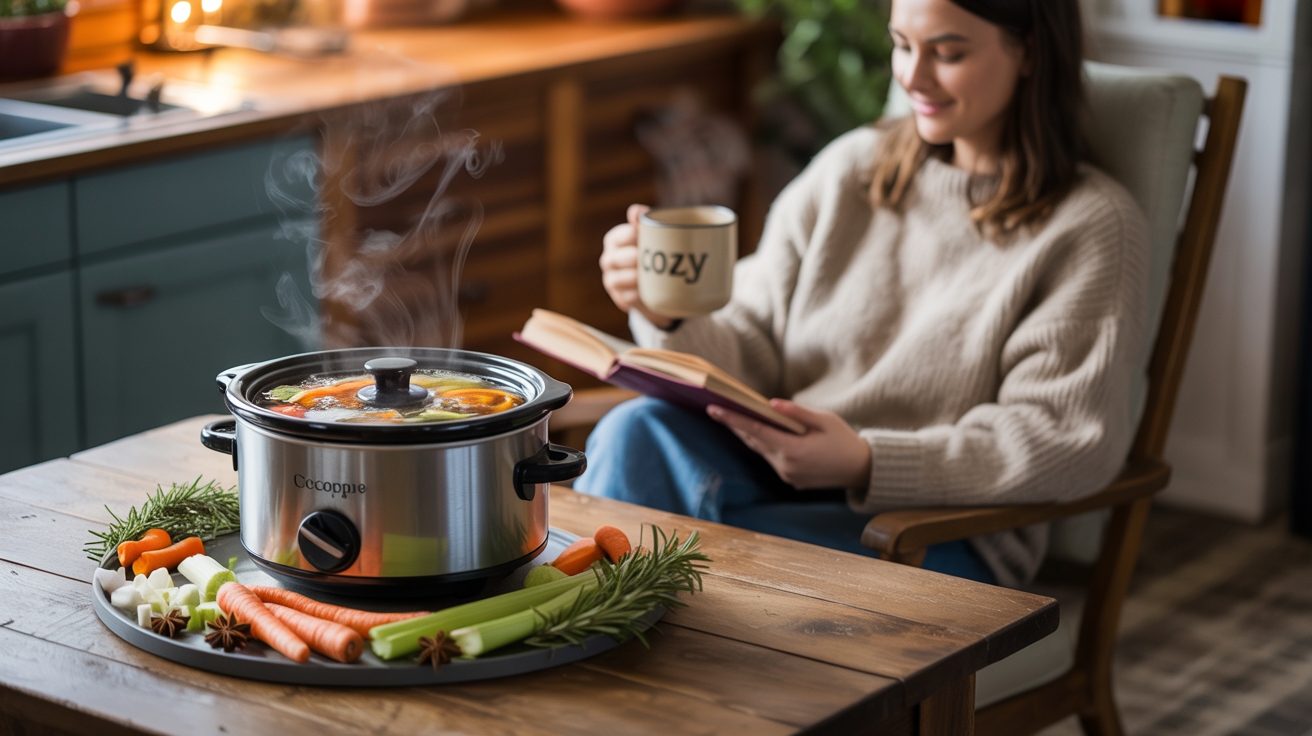
In the midst of our hectic lives filled with buzzing notifications, looming deadlines, and endless to-do lists, finding time to unwind is becoming more important than ever. One often overlooked path to peace and mindfulness is hidden in your kitchen: slow cooking.
Yes, that humble process of simmering, stewing, and braising food over low heat for hours doesn’t just create delicious meals it also encourages us to embrace stillness, reconnect with our senses, and enjoy the moment. Slow cooking is more than a technique; it’s an art, a meditative ritual, and a beautiful way to end the day on a peaceful note.
In this article, we'll explore how slow cooking can become part of your self-care routine, why it promotes tranquility, and how it nurtures both your body and soul. We’ll also share tips, benefits, and a few easy recipes to help you get started.
At its heart, slow cooking is the practice of preparing food over low heat for an extended period typically several hours. This method allows flavors to develop deeply and ingredients to break down gradually, resulting in meals that are rich, tender, and satisfying.
There are two main approaches:
Regardless of the method, slow cooking invites you to move at a gentler rhythm both in your cooking and your mindset.
We live in a world where everything is instant messages, meals, decisions. Slow cooking goes against that grain. It forces you to wait, to trust the process, and to be present. The act of preparing ingredients, stirring slowly, and waiting as aromas build throughout your home becomes a meditation in itself.
When you start a slow-cooked meal in the morning or early afternoon, by dinner time, your food is already prepared. This eliminates the "what should I cook tonight?" stress and helps you wind down more easily in the evening.
As a stew simmers or a curry bubbles away, the kitchen fills with warmth and comforting scents. This signals your brain that you're in a safe, calm space. It feels like a hug from the inside out.
Cooking slowly brings you closer to your ingredients and your meal. You're not just microwaving something in haste. You're preparing nourishment with intention and that act itself is care, love, and mindfulness.
Transforming slow cooking into an evening ritual can become a powerful way to unwind. Here's how to approach it mindfully:
Before you start chopping vegetables or seasoning meat, take a moment to acknowledge what you’re doing: feeding yourself or your loved ones. This meal is an act of nourishment and calm.
Notice the colors of your ingredients, the texture of herbs in your hand, the smell of garlic hitting warm oil. These details help ground you in the present moment.
Slow cooking allows you to step away from the pan, but it also encourages you to enjoy the moments when you are stirring or checking in. Enjoy the stillness it offers.
While your meal simmers, do something relaxing: take a bath, read a book, meditate, or go for a walk. When you return, the smell alone will bring you joy.
Slow cooking isn't just good for the body it's healing for the heart and mind.
The rhythmic, non-demanding nature of slow cooking can calm a racing mind. Knowing your meal is slowly coming together gives a sense of control and ease.
When we take time to cook, we begin to appreciate where our food comes from, the work involved, and the joy it brings. Gratitude naturally follows.
A warm, nourishing meal in the evening followed by a peaceful wind-down can improve digestion and promote restful sleep.
It’s not just emotional wellness that benefits slow cooking can actually be better for your health.
Slow cooking over low heat helps preserve more nutrients in vegetables compared to high-heat methods like frying or grilling.
You need less oil or butter in slow-cooked dishes because moisture is retained naturally during long simmering.
Soups, stews, and broths are easy on the digestive system ideal for evening meals when the body is preparing for rest.
Here are three easy, soothing meals that take minimal prep and offer maximum comfort.
Ingredients:
Instructions:
Ingredients:
Instructions:
Ingredients:
Instructions:
Once your meal is simmering, use the time it gives you to design a peaceful evening:
Set the tone for relaxation with soft lighting candles, warm lamps, or fairy lights.
Create a playlist with instrumental, jazz, or nature sounds to accompany your meal prep and dinner.
Keeping the space clean and uncluttered adds to the sense of peace.
Use a journal to jot down thoughts or gratitudes while the aromas fill the room.
Here’s how to make slow cooking more consistent in your life:
In a world that demands speed, slow cooking is a gentle rebellion. It invites us to pause, breathe, and return to simplicity. The act of preparing food over time watching it transform from raw ingredients into a soul-soothing meal reminds us that good things take time.
Slow cooking isn’t just about the food on your plate. It’s about creating space for yourself, one spoonful at a time.
So tonight, let the pot simmer, light a candle, and allow yourself to savor the moment.


